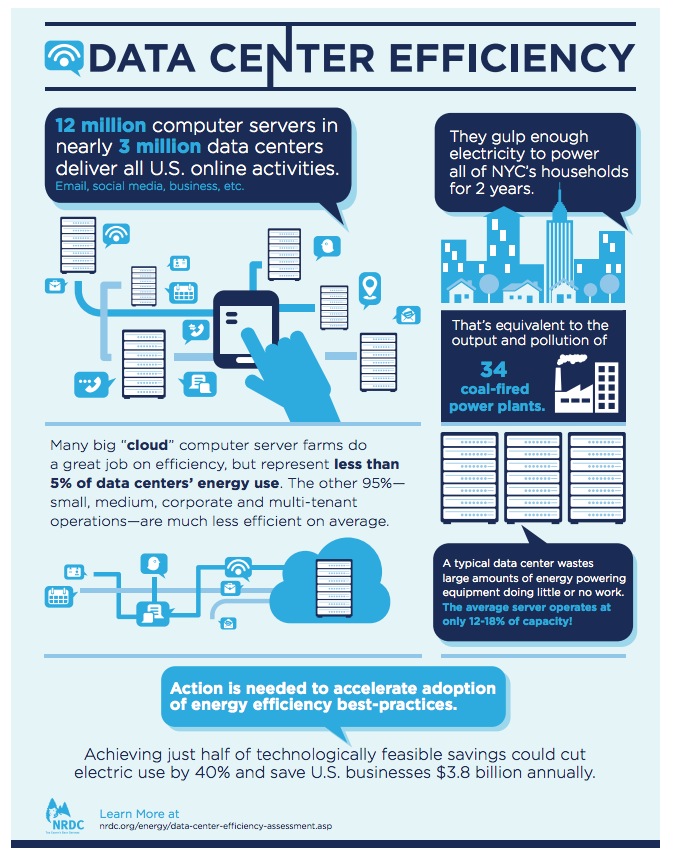
Sustainable Hubs: Energy-Efficient Business Centers
In a world where sustainability is becoming a business imperative, the spotlight is now on energy-efficient business centers. These hubs not only provide a conducive environment for work but also align with global efforts to reduce carbon footprints and create eco-friendly workplaces.
Green Architecture and Energy Efficiency
Energy-efficient business centers start with the foundation of green architecture. Incorporating sustainable building materials, efficient insulation, and smart design principles, these centers aim to reduce energy consumption and create spaces that are both environmentally responsible and comfortable for occupants.
Renewable Energy Integration
One of the key elements setting energy-efficient business centers apart is the integration of renewable energy sources. Solar panels, wind turbines, and other renewable energy systems contribute to the power supply, reducing reliance on traditional, non-renewable sources. This not only lowers operational costs but also positions the business center as a leader in sustainable practices.
Smart Technology for Resource Optimization
The use of smart technology plays a pivotal role in enhancing energy efficiency. Automated lighting systems, climate control, and occupancy sensors ensure that energy is used only when and where it’s needed. This not only reduces wastage but also creates a modern and intelligent work environment that adapts to the needs of its occupants.
Efficient Water Management
Energy-efficient business centers often extend their sustainability efforts beyond energy conservation to efficient water management. Implementing water-saving technologies, such as low-flow faucets and rainwater harvesting systems, contributes to the overall environmental impact of the center.
Well-being and Productivity in Green Spaces
Beyond environmental considerations, energy-efficient business centers prioritize the well-being and productivity of their occupants. The incorporation of green spaces, indoor plants, and natural light not only enhances the aesthetics of the workplace but also contributes to the physical and mental well-being of employees.
Certifications and Recognition
Business centers committed to energy efficiency often pursue certifications such as LEED (Leadership in Energy and Environmental Design) or BREEAM (Building Research Establishment Environmental Assessment Method). These certifications not only validate their commitment to sustainability but also attract environmentally conscious businesses looking for eco-friendly workspaces.
Cost Savings and Long-Term Investment
While the initial investment in energy-efficient technologies and design may seem significant, the long-term benefits far outweigh the costs. Reduced energy bills, lower maintenance costs, and increased occupant satisfaction contribute to the overall financial viability of energy-efficient business centers.
Community Impact and Corporate Responsibility
Energy-efficient business centers extend their influence beyond their walls and into the community. By championing sustainable practices, they set an example for other businesses and contribute to the broader corporate responsibility landscape. This impact can foster a sense of community engagement and collaboration among businesses in the vicinity.
Ninth World Hub: A Beacon of Energy Efficiency
Discover the epitome of energy-efficient business centers at Ninth World Hub. With its state-of-the-art sustainable features, this hub is a testament to the possibilities of green architecture and energy-efficient design. From renewable energy integration to smart technology implementation, Ninth World Hub stands as a beacon of sustainable practices in the business world.
Join the Movement Towards Sustainable Workspaces
In conclusion, energy-efficient business centers are not just a trend; they are a necessity in a world grappling with environmental challenges. By prioritizing green architecture, renewable energy, smart technology, and occupant well-being, these centers are shaping the future of workspaces. Explore the potential of sustainable hubs and join the movement towards energy-efficient and eco-friendly business environments.
